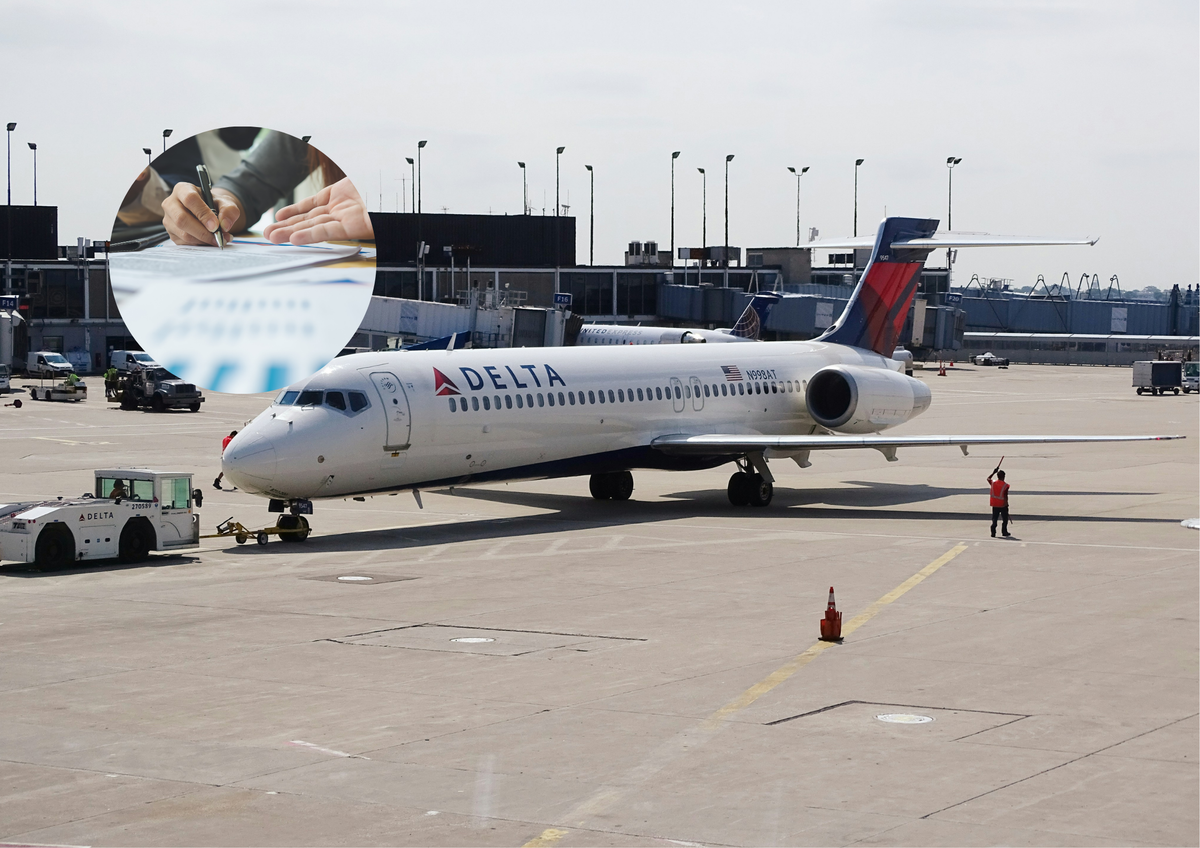Delta to settle Fuel Dump Lawsuit by paying $79 Million
In January 2020, Delta Flight 89 dumped 15,000 pounds of fuel over Los Angeles neighborhoods after engine trouble. The move led to lawsuits, hospitalizations, and a $79M settlement-raising serious questions about safety protocols and pilot decision-making.

On January 14, 2020, Delta flight 89, a Boeing 777, scheduled from Los Angeles to Shanghai reported engine problems soon after takeoff. To avoid the risk of overweight emergency landing while returning to Los Angeles Airport, the pilots jettisoned about 15,000 pounds of jet fuel over commercial areas, which drenched numerous individuals and properties with fuel in Los Angeles and Orange Counties in California. As a result, a lot of people had to be hospitalized.
This move puzzled many aviation experts. Ross Aimer, CEO of Aero Consulting Experts and a retired United pilot, mentioned, "No one is going to dump fuel where these guys did it over populated areas and schools. It’s a pretty outrageous thing. They should have gone over the ocean or landed heavyweight." What was more peculiar is that ATC did ask the pilots if they needed to dump the fuel, to which the pilots responded, "negative". But the plane did dump fuel as it headed back to Los Angeles.

Affected property owners and individuals filed a class action lawsuit against Delta. Although Delta denies any wrongdoing, they have agreed to settle the lawsuit with a payment of nearly $79 million. Delta has stated they settled to avoid the uncertainty, cost of litigation and distraction. Delta also stated that Federal Aviation Administration (FAA) cleared them and the pilots of any wrongdoing.
The plaintiff's lawyer, Filippo Marchino, explained the two reasons on which their contention lies on, "the fuel jettison was not necessary, as the Boeing 777 could land perfectly fine with all the fuel aboard" and "they should not have executed it the way that they did."
Coverage on the settlement (KCAL News)
Under FAA regulations, pilots must notify air traffic control (ATC) if they intend to release fuel, providing details such as the reason, location, altitude, and how long the process will take. ATC will then secure a block of airspace—generally over remote or offshore areas—to limit the risk to people on the ground. To ensure safety, other aircraft are kept at least 5 miles away horizontally and 2,000 feet vertically, and fuel dumping is typically carried out above 5,000 feet so it disperses before reaching the surface. But none of this happened in this instance. The pilots dumped fuel immediately after declaring they didn't need to. And although, the incident was reported over the Pacific Ocean at 8,000 feet, dumping took place under 3,000 feet over a densely populated region. (source: SimpleFlying)
According to Les Abend, a retired 777 pilot and CNN aviation analyst, many runways at major airports can safely accommodate a landing by an overweight 777 in dry conditions. So, the pilots could have initially thought they could land at LAX without the need to dump fuel, but later, during landing calculations realized the need to jettison excess fuel. But the very decision of releasing fuel over a commercial area especially after clearly denying ATC's suggestion to dump fuel over Pacific is inexplicable and Delta might have realized how this might look in court and thus decided to settle.


Comments ()